Tags
ADHD adolescence attention book review boundary conditions classroom advice conference speakers constructivism/direct instruction creativity desirable difficulty development dual coding education elementary school embodied cognition emotion evolution executive function exercise experts and novices gender high school homework intelligence long-term memory math methodology middle school mindfulness Mindset motivation neuromyths neuroscience online learning parents psychology reading retrieval practice self-control skepticism sleep STEM stress technology working memoryRecent Comments
- I Am a Doctrinaire Extremist; S/he Is a Thoughtful Moderate |Education & Teacher Conferences on Which Is Better: “Desirable Difficulty” or “Productive Struggle”?
- "Writing By Hand Fosters Neural Connections..." |Education & Teacher Conferences on Handwritten Notes or Laptop Notes: A Skeptic Converted?
- Weather Forecasting and Cognitive Science |Education & Teacher Conferences on The Jigsaw Advantage: Should Students Puzzle It Out?
- Weather Forecasting and Cognitive Science |Education & Teacher Conferences on A Beacon in the Mindset Wilderness
- Helen R on The Dangers of “The Big Ask”: In Defense of Stubborn...
ABOUT THE BLOG
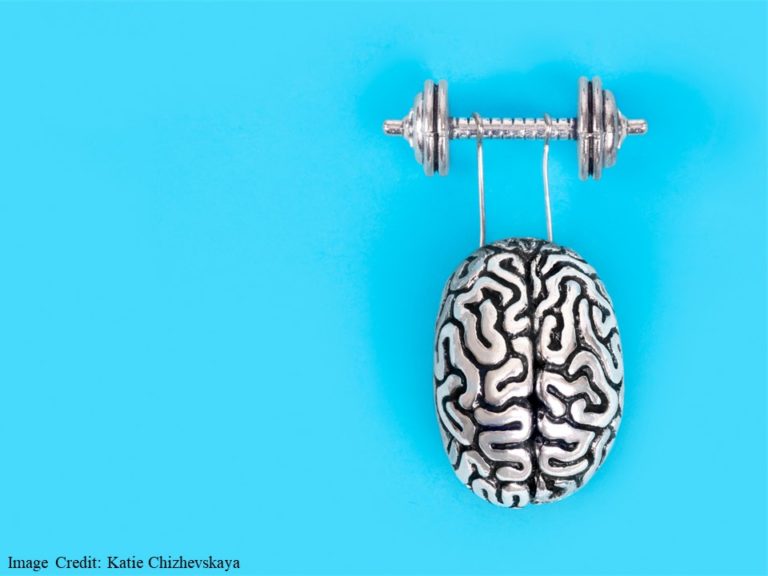
Online Teaching + Research: Insights from Cognitive Load Theory
Most of us spent the last 2 years learning LOTS about online teaching. Many of…
Posted in L&B Blog
Leave a comment

Teaching Minds & Brains: the Best Books to Read
When I started in this field, back in 2008, we all HUNGERED for good books….
Posted in Book Reviews, L&B Blog
5 Comments

How Students (Think They) Learn: The Plusses and Minuses of...
As the school year begins, teachers want to know: can mind/brain research give us strategies…
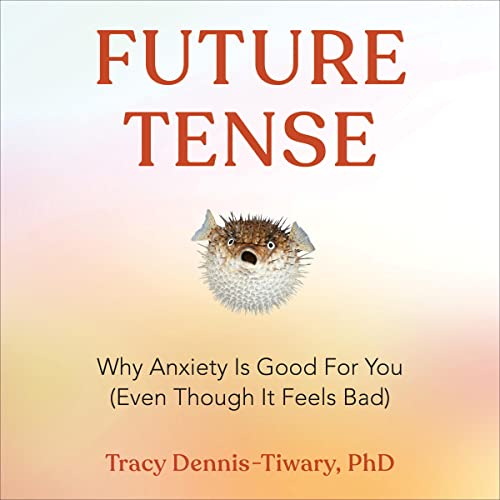
Future Tense by Tracy Dennis-Tiwary
Being that approximately 20% of US adults have reported having an anxiety disorder in the…

How To Make Sure Homework Really Helps (a.k.a.: “Retrieval Practice...
Most research focuses narrowly on just a few questions. For instance: “Does mindful meditation help…
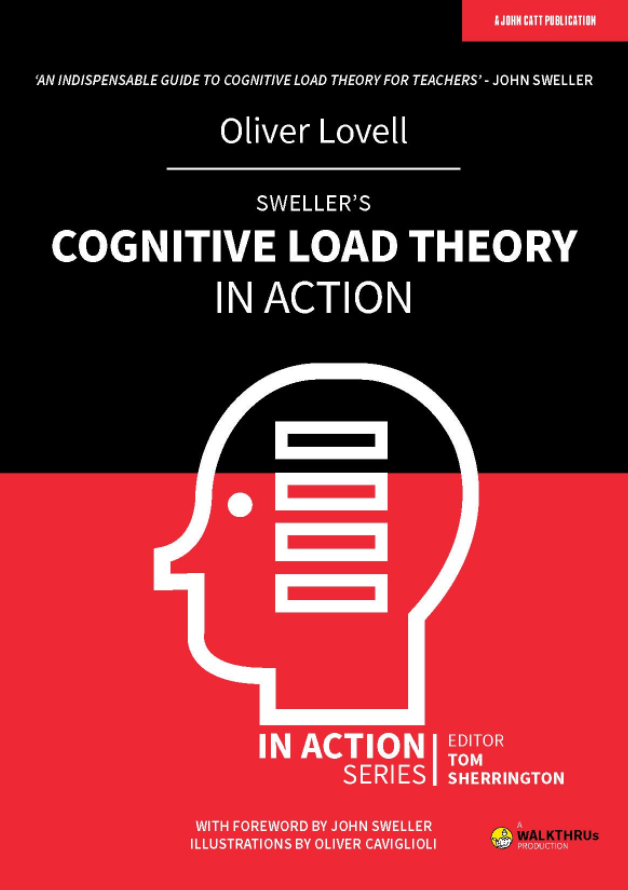
The Best Book on Cognitive Load Theory: Ollie Lovell to...
Teaching ought to be easy. After all, we have a functionally infinite amount of long-term…
Posted in Book Reviews, L&B Blog
Tagged classroom advice, cognitive load theory, working memory
Leave a comment

The Bruce Willis Method: Catching Up Post-Covid [Reposted]
Because of Covid, our students have fallen behind. How can we help them “catch up”?…
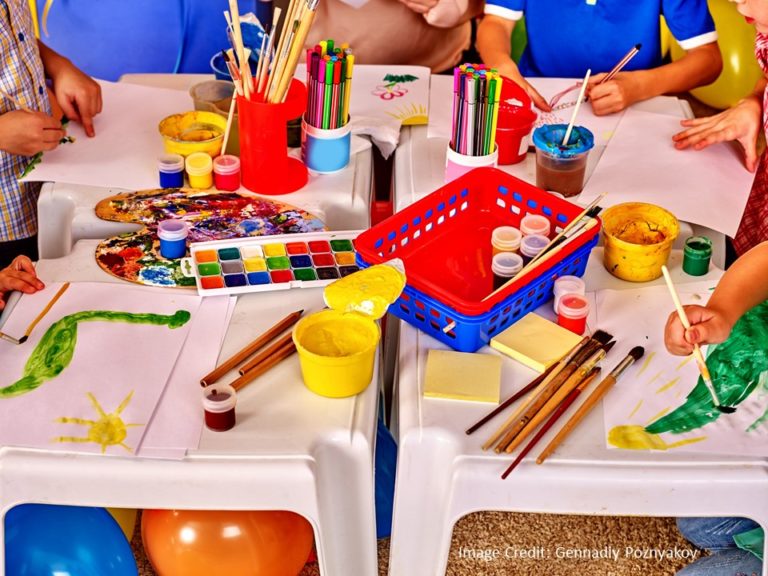
Do Classroom Decorations Distract Students? A Story in 4 Parts…...
As we prepare for the upcoming school year, how should we think about decorating our…
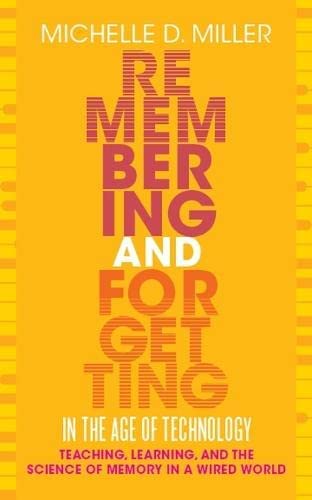
Remembering and Forgetting in the Age of Technology by Michelle...
The cognition of remembering and forgetting is central to our lives and our intellectual valuation…

Is “Cell Phone Addiction” Really a Thing? [Reposted]
A well-known Education Twitter personality claimed that “cell phones are as addictive as drugs.” Are…
